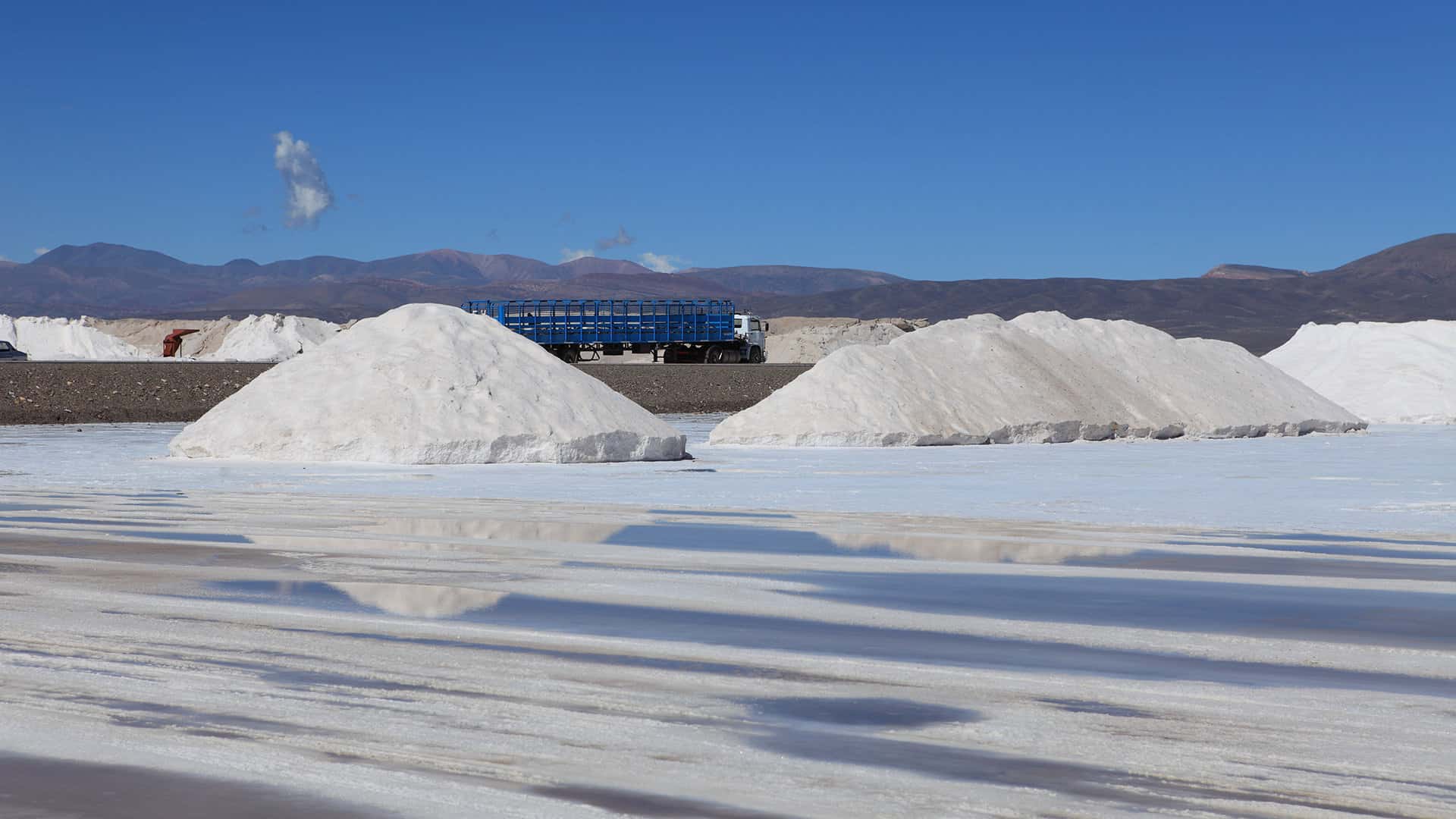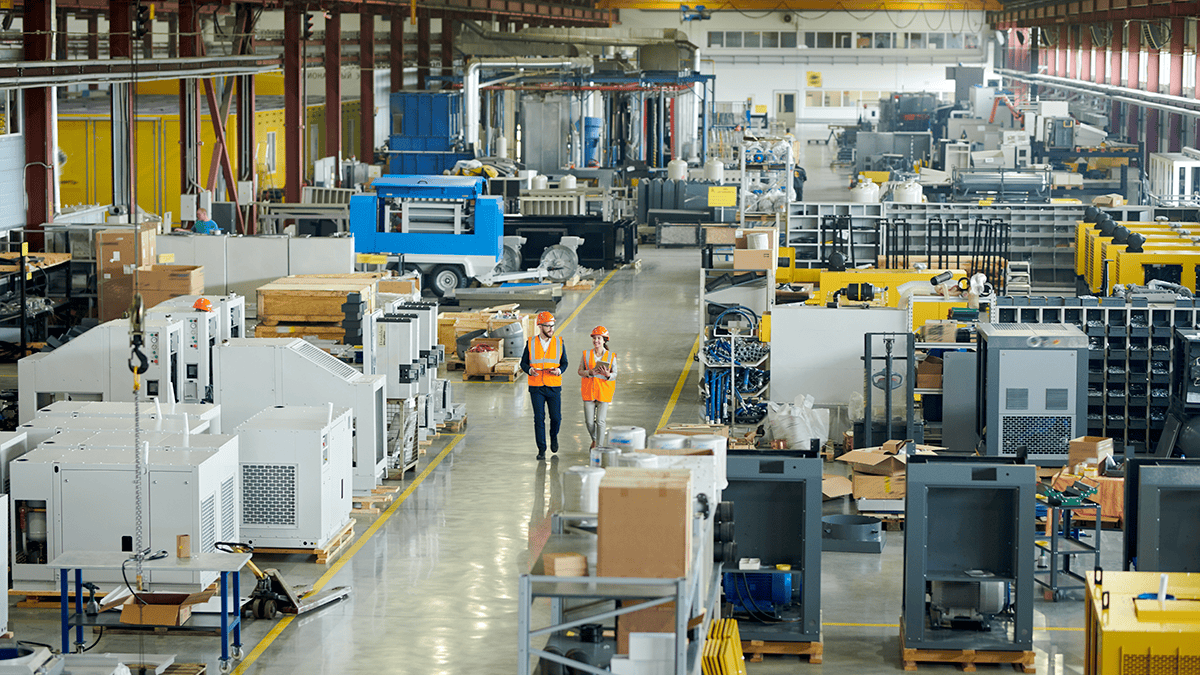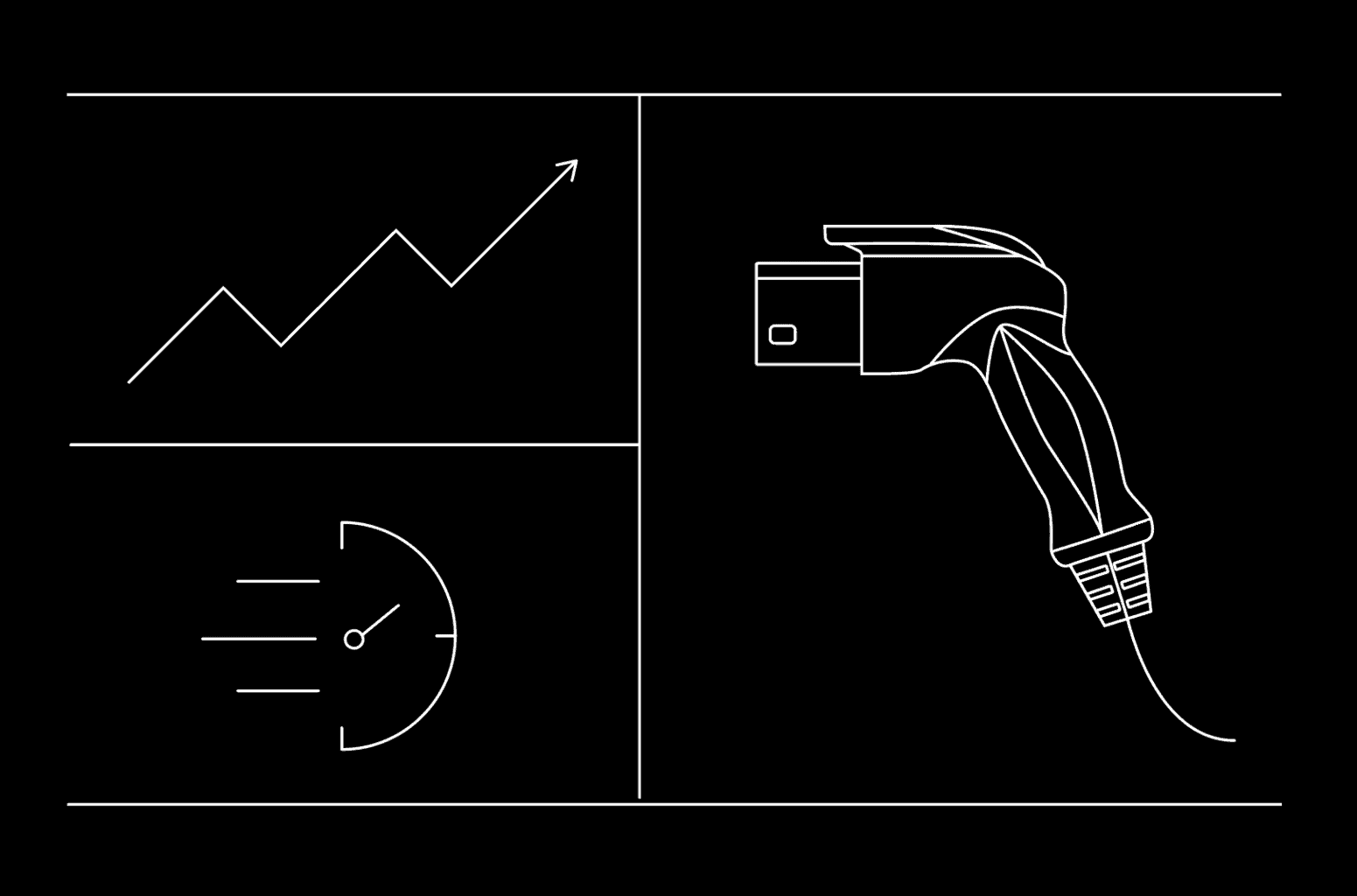The” white gold” of the twenty-first century, lithium, has grown to be essential in today’s high-tech environment.
Lithium is essential in the creation of rechargeable batteries that power everything from smartphones to electric vehicles because of its special qualities, such as higher energy density and excellent electrical properties.
Due to its extensive lithium reserves, Chile becomes a major player in this context and one of the top suppliers worldwide.
Nonetheless, it takes a deeper look at the web of global supply chains to determine which companies get their lithium from Chile.
By concentrating on big tech companies and emerging electric vehicle manufacturers taking advantage of Chile’s abundant lithium deposits, this article aims to sort through this convoluted network.
Additionally, it will be revealed what factors led these businesses to buy lithium from Chile.
The significance of lithium in the market today
As businesses all over the world look for this priceless resource, which is frequently mined from the rich veins of Chile’s geology, lithium has risen to an unmatched level of prominence in the present market.
The increasing demand for lithium-ion batteries in a variety of industries, including electrical and electronics, can be partially blamed for this increase in demand. Concerns have been expressed, though, about lithium’s economic effects and rising demand.
Chile’s contribution to world production
Chile’s great salt flats, a major player in the global lithium market, draw many multinational corporations looking to obtain supplies of this essential element for high-tech devices and electric vehicle batteries.
The South American country has the largest lithium reserves in the world, accounting for about 52 % of all global lithium resources.
Chile is a favored location for businesses like Tesla, Albemarle Corporation, and SQM S. A. who want to take advantage of its numerous lithium resources because of this and the country’s mining policies that encourage foreign investment.
In Chile, evaporation techniques are largely used to remove lithium from brine pools. A couple things to keep in mind about this process include:
- Chile’s Mining Policies: While ensuring responsible extraction practices, these regulations have been created to make it easier for foreign investors to invest.
- Lithium Extraction Techniques: In Chile, brine evaporation is the most popular technique. It entails pumping salty groundwater out from beneath the Salar ( salt flat ) and letting it evaporate in sizable ponds, leaving behind concentrated lithium.
- Chile’s economic impact: Despite its financial advantages, this extraction process has had a negative impact on the environment, such as water scarcity. As a result, lithium exploration companies are using environmentally friendly techniques like Direct Lithium Extraction ( DLE).
Despite the fact that these foreign corporations substantially boost Chile’s economy through their investments and operations, managing the economic impact and resolving aboriginal rights issues related to this very lucrative sector presents significant challenges.
In order to maintain responsible operations in this sector without escalating current socio-environmental tensions, it is now essential to strike a balance between business interests and social responsibility.
Large tech firms purchasing lithium from Chile
Major tech conglomerates are increasingly relying on this Southern National country’s extensive lithium reserves to meet their rising demand for high-tech electronics and electronic vehicle batteries.
According to Chile’s vast reserves and cutting-edge extraction methods, these companies, including Tesla, Apple, Samsung, and Panasonic, get a sizable portion of their lithium from those mines.
However, these activities are governed by strict Peruvian mining laws intended to safeguard the environment and encourage environmentally friendly lithium industry practices.
Rapid advancements in extraction methods have resulted from the increase in international demand for lithium, and many businesses are investing in technological innovations to boost productivity and lessen negative climate effects.
As businesses work to abide by regional mining laws and reduce harm to nearby communities and ecosystems, corporate social responsibility also plays a significant role in these efforts.
The move toward more ethical sourcing is a reflection of larger changes in the lithium market, as stakeholders are becoming more aware of the necessity of environmentally friendly production techniques.
Given recent market dynamics and projections for rising global demand for high-capacity chargeable batteries used in different sectors, including electrical manufacturing, consumer electronics, and alternative energy storage systems, total purchase trends suggest that Chile’s reliance on lithium will probably persist.
Chile’s resources and emerging electronic vehicle manufacturers
Emerging electronic vehicle manufacturers are paving the way to South America’s resource-rich landscapes, particularly by exploring the great lithium reserves in Chile to further their aspirations.
But, businesses must contend with challenging Chilean mining regulations that control access and extraction procedures as a result of this increase in demand.
These laws are intended to guard against possible negative effects of mining activities on both regional economies and unstable ecosystems.
Emerging electric vehicle manufacturers are even making significant contributions to the development of electric vehicles by continually looking into ways to improve battery technologies, where lithium is a vital element.

Chile has developed precise export policies aimed at limiting the flow of collected lithium outside of its borders in order to support this expanding industry while also protecting its resources.
These steps make sure that while meeting the demand for lithium on a global scale, they do n’t jeopardize their natural resources or the socio-economic stability of their borders.
So, it is clear that maintaining environmental sustainability and balancing business growth demands is still crucial for nations like Chile, which borders international lithium supply chains.
factors that affect the selection of Chilean lithium
A number of factors have been crucial in establishing the South American country as a acceptable location for obtaining this essential component.
Chile’s mining regulations, especially those pertaining to lithium, have played a significant role in luring foreign businesses. The nation has established strict laws that protect nearby communities and environments in addition to streamlining the process of obtaining mining rights.
Chile is also a desirable source of lithium because of its sophisticated lithium extraction techniques, which drastically increase yield and efficiency.
Companies looking to source resources from Chile are likewise drawn to the local economic advantages offered by the lithium industry. Profits from lithium mining make a sizable contribution to regional communities ‘ employment opportunities and regional development initiatives.
Although there are continuous debates about how these advantages are distributed among Chile’s various social groups, the overall impact on economic growth cannot be disputed.
According to Chile’s combination of favorable conditions, including liberal mining policies, efficient extraction methods, and minimized climate impacts through regulation and technology development alongside significant regional economic advantages, many businesses continue to choose it despite potential challenges or risks associated with sourcing lithium from specific regions worldwide.












